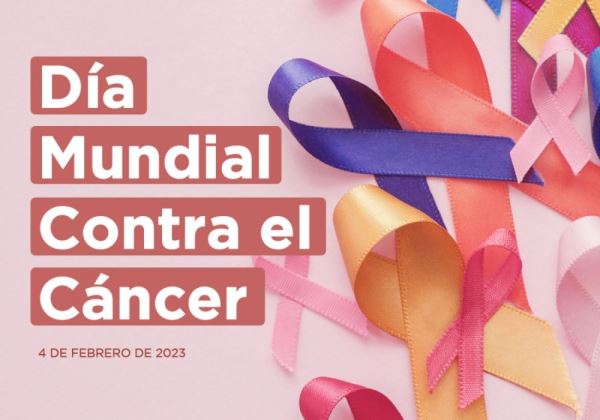Our Blog
Cancer patients should visit the dentist before starting cancer treatment
On the occasion of World Cancer Day, which is celebrated tomorrow, February 4, the General Council of Dentists recalls the importance of periodic oral check-ups, since currently only 25-30% of oral lesions are detected in the early phase . “The dentist can detect any carcinogenic sign in the oral cavity (thrush that does not heal, spots or lumps), which allows an early diagnosis and, with it, a better prognosis of the disease. That is why it is so necessary to go to the dentist, at least once a year”, explains Dr. Óscar Castro Reino, president of the Council.
Cancer and oral health
The dentist not only plays a fundamental role in the detection of oral cancer, but is also key in the treatment of cancer patients for two reasons: the side effects that chemo and radiotherapy have on their oral health, and because a good state of Oral health prior to receiving these treatments avoids complications, sometimes serious. On many occasions, the cancer patient will have immunosuppression, an increased risk of bleeding, infections, and delayed healing.
The oral cavity is very susceptible to changes caused by radiotherapy and chemotherapy, so it is advisable that the patient go to the dentist before starting the sessions to receive the appropriate dental treatments, always with the approval of the oncologist. In addition to keeping the mouth well hydrated and reinforcing hygiene, the dentist could indicate the following, whenever the patient requires it:
- Mouth guard to minimize the oral effects of cancer treatment.
- Daily mouthwash with fluoride.
- Antiseptic mouthwash
This is because both radiotherapy and chemotherapy can cause certain oral pathologies. In the case of radiotherapy, the appearance of xerosotomia (dry mouth) sometimes causing great discomfort and even pain in cancer patients. This decrease in saliva is a high risk factor for the appearance of cavities, worsening of periodontal disease, alterations in the mucosa (mucositis), or in the tongue (glossitis) and fungal infections (candidiasis), among others. An especially serious pathology is jaw osteonecrosis, which can appear after the administration of certain chemotherapeutic agents and which the dentist must prevent.
Once the oncological treatment is finished, it is important that the patient continue with their oral check-ups, even more frequently (every 4 months) until a reasonable time has elapsed that the dentist will set depending on each case. Typically, the oral health status of the cancer patient returns to normal when the chemo and radiotherapy sessions are over.
In the words of Dr. Castro “it is essential that there is fluid communication between the dentist and the oncologist. Both must know the existing protocols that allow the patient's oral health not to become an added problem and not worsen their quality of life”.

